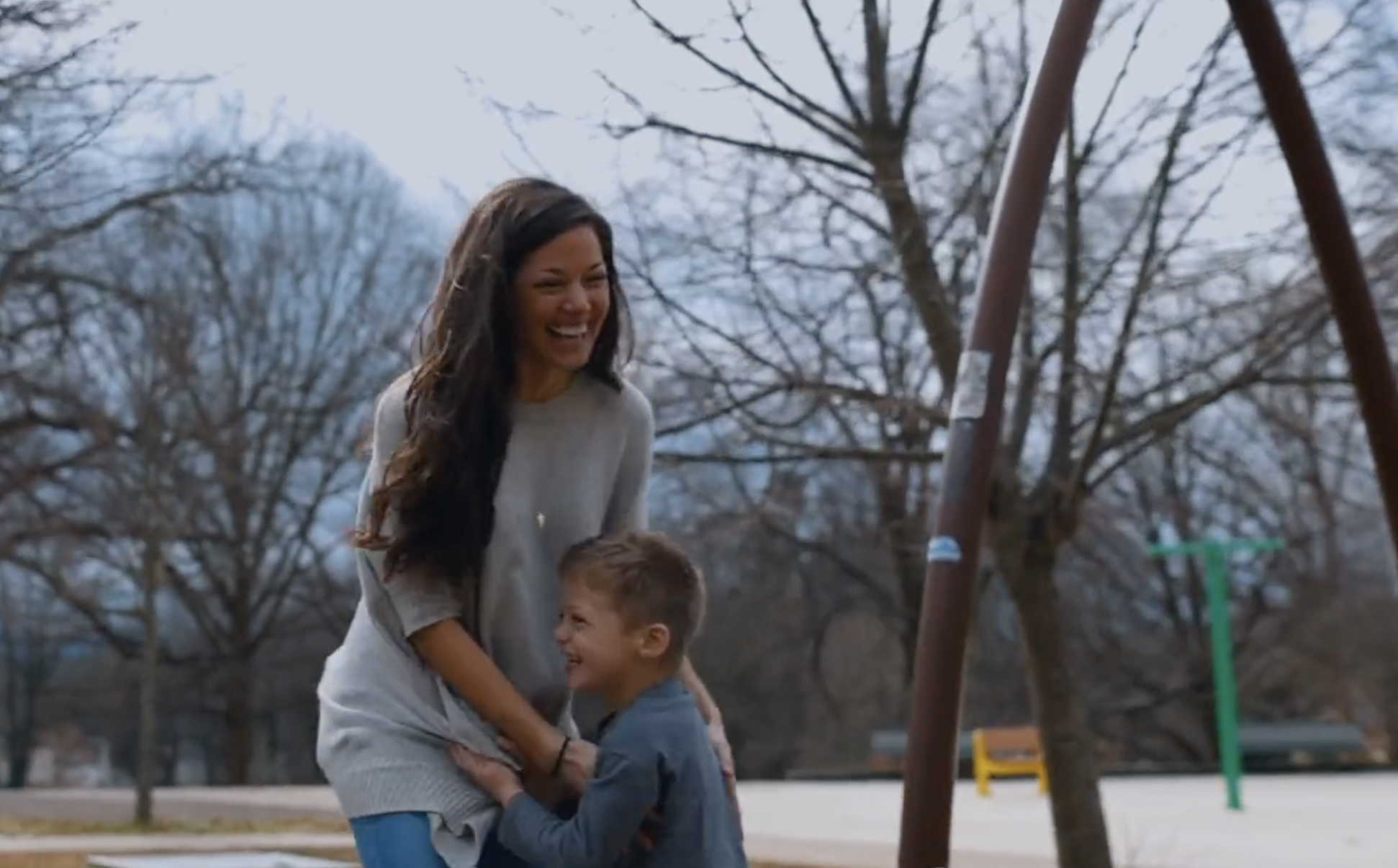Rectal cancer is a serious disease. But rest assured. At UVA Health, you'll find highly trained experts in rectal cancer. They have the skills needed to cure rectal cancer. They also have the expertise to help you avoid having a big surgery or a colostomy.
If you're worried about rectal cancer or have rectal cancer symptoms, it's important to seek treatment. Rectal cancer can be best treated when caught early.
Rectal Cancer Treatment at UVA Health
At UVA Health, your care will be overseen by a GI (gastrointestinal) specialist. They focus their careers on treating cancers of the digestive tract. They have the skills needed to remove the cancer. They make sure it doesn't return. They also make sure your digestive system keeps doing its important job.
Treatment for rectal cancer depends on the stage of the disease. But treatment may include:
- Surgery
- Radiation therapy
- Chemotherapy
- Combination of these treatments
Our surgeons do a lot of rectal cancer surgeries. This means better outcomes for their patients. They use the latest techniques and follow a special program so you can recover easier and faster after surgery.
Learn more how we'll customize colorectal cancer treatment for you or a loved one.
What Is Rectal Cancer?
Rectal cancer is cancer in the rectum, the last part of the large intestine. The rectum allows waste to pass through the anal canal and out of the body.
Rectal Cancer Symptoms
In most cases, rectal cancer shows no symptoms. When rectal cancer symptoms do appear, they may include:
- A change in bowel habits
- Blood, either bright red, or black and tarry, in the stool
- Stools that are narrower than usual
- Diarrhea, constipation, or feeling that the bowel does not empty completely
- General abdominal discomfort. You might experience frequent gas pains, bloating, fullness, and/or cramps
- Unexplained weight loss
- Constant feeling of fatigue or tiredness
Screening for Rectal Cancer
If you have rectal cancer symptoms, it's important to get screened. This may include a colonoscopy. This test can catch rectal cancer before it has spread to other parts of the body.
Catching rectal cancer early gives you a better chance of being cured.
Learn more about colon and rectal cancer screening options.
Who's at Risk for Rectal Cancer?
Being over 50 years of age increases your chance of rectal cancer. But people in their 30s and 40s also get rectal cancer. Other things can increase your risk. Things like:
- Genetics
- History of colon or rectal cancer, or polyps
- Family history of colon or rectal cancer, especially a parent, sibling, or child
- Radiation therapy for prostate cancer
- Obesity
- Smoking
- Diet high in fat and low in fiber
- Heavy alcohol intake
- Physical inactivity

Rectal Cancer During Pregnancy
Jenny Foltz was pregnant when she was diagnosed with advanced rectal cancer. UVA Health experts customized a treatment effective for her, and safe for her baby.